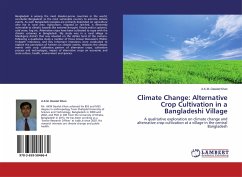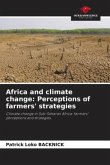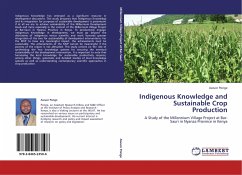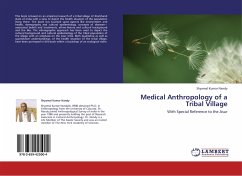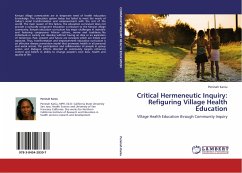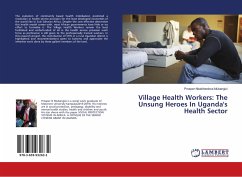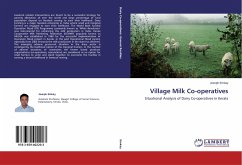Bangladesh is among the most disaster-prone countries in the world, concludes Bangladesh as the most vulnerable country to extreme climate events. As well, Bangladeshi peoples are primarily depended on agriculture who live in rural area. Agriculture, irrigated or rain-fed, is inherently vulnerable to climatic hazards like extreme drought, floods and/or cyclones, cold wave, fog etc. Alternative crops have been cultivated to cope with the climatic extremes in Bangladesh. My study was in a rural village in Manikgonj district that was situated on the deltaic land of the Jamuna. Following a qualitative study a number of Focus Group Discussions (FGDs), In-depth interviews, and Key Informant interviews were conducted to explore the perception of farmers on climatic events, relations the climatic events with crop cultivation, pattern of alternative crops, cultivation process and technologies, impact of alternative crops on economic and socio-culture, health, environment and species.
Bitte wählen Sie Ihr Anliegen aus.
Rechnungen
Retourenschein anfordern
Bestellstatus
Storno

